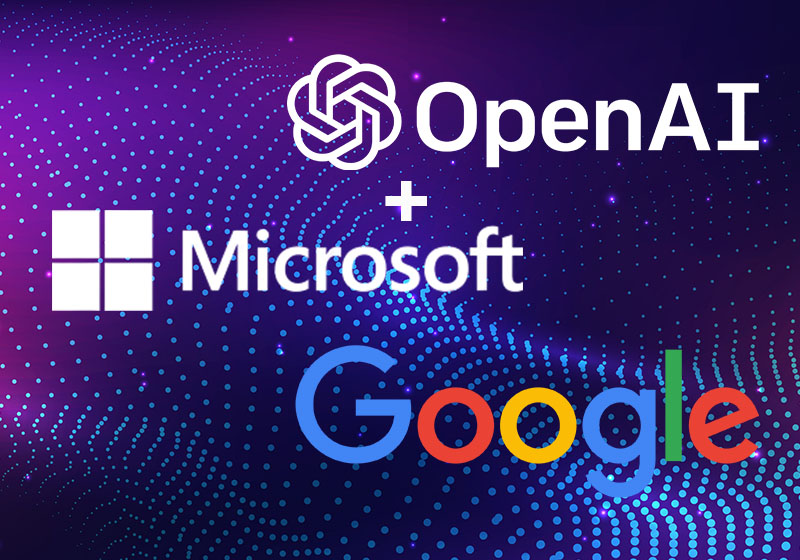Artificial Intelligence (AI) and robots have the potential to revolutionize the way we live and work. They can automate tasks that are repetitive, dangerous, or require a high level of precision, freeing up humans to focus on higher-level tasks. However, this technological progress comes at a cost. One of the major concerns about the advancement of AI and robots is their impact on employment. In this essay, I will examine the relationship between AI, robots, and unemployment and discuss the potential implications of these developments for workers and the economy.
First, it’s important to understand that AI and robots are not the same thing. AI refers to the development of computer systems that can perform tasks that normally require human intelligence, such as speech recognition, decision making, and problem solving. Robots, on the other hand, are physical machines that are designed to automate tasks that would otherwise require human labour. While robots can be equipped with AI, they are not the same thing.
One of the primary ways that AI and robots are affecting the workforce is by automating tasks that were previously performed by humans. This includes jobs that are repetitive, dangerous, or require a high level of precision, such as manufacturing and assembly line work, data entry, and customer service. As AI and robots become more sophisticated, they are likely to replace an increasing number of jobs.
There are several factors that are contributing to this trend. One is the rapid pace of technological progress, which is making it possible for AI and robots to perform tasks that were once thought to be the exclusive domain of humans. Another factor is the declining cost of these technologies, which is making them more accessible to businesses of all sizes. Finally, there is increasing demand for AI and robotics solutions as businesses seek to improve their productivity, reduce costs, and remain competitive in a rapidly changing marketplace.

While the automation of jobs is a major concern, there is also evidence to suggest that AI and robots can create new jobs. For example, the development of new AI and robotics technologies may require specialized workers to design, build, and maintain these systems. In addition, businesses may need workers who are trained in the use of these technologies and can help integrate them into existing work processes.
Through these potential benefits, the unemployment caused by AI and robots is a significant concern. While some workers may be able to transition to new jobs, others may struggle to find new employment, particularly if they lack the skills and education needed for jobs in the technology sector. This could lead to increased inequality and social unrest, as large numbers of workers are left without a source of income.
In addition to the impact on individual workers, the automation of jobs could also have a negative impact on the economy. If large numbers of workers are unable to find new jobs, they may become a drag on economic growth, as they are unable to participate in the workforce and contribute to the economy. Furthermore, the decline in consumer spending that is likely to result from high levels of unemployment could have a negative impact on businesses and the economy as a whole.
There are several ways to mitigate the negative impact of AI and robots on employment. One is to invest in education and training programs that help workers acquire the skills needed for jobs in the technology sector. This could include programs that provide training in coding, data analysis, and other technical skills. In addition, it may be necessary to provide financial support to workers who are displaced by AI and robots, such as unemployment benefits or retraining programs.
The relationship between artificial intelligence, robots, and unemployment is a complex one that requires careful consideration. While AI and robots have the potential to revolutionize the way we live and work, they also pose a significant threat to employment. The automation of jobs is likely to lead to increased unemployment and inequality and could have a negative impact on the economy as a whole. However, there are also potential solutions, such as investing in education and training programs and taxing the use of AI and robots, that could help to mitigate these negative impacts. It is important for policymakers, businesses, and society as a whole to carefully consider the implications of AI and robots on employment and to develop strategies to ensure that the benefits of these technologies are shared equitably.



